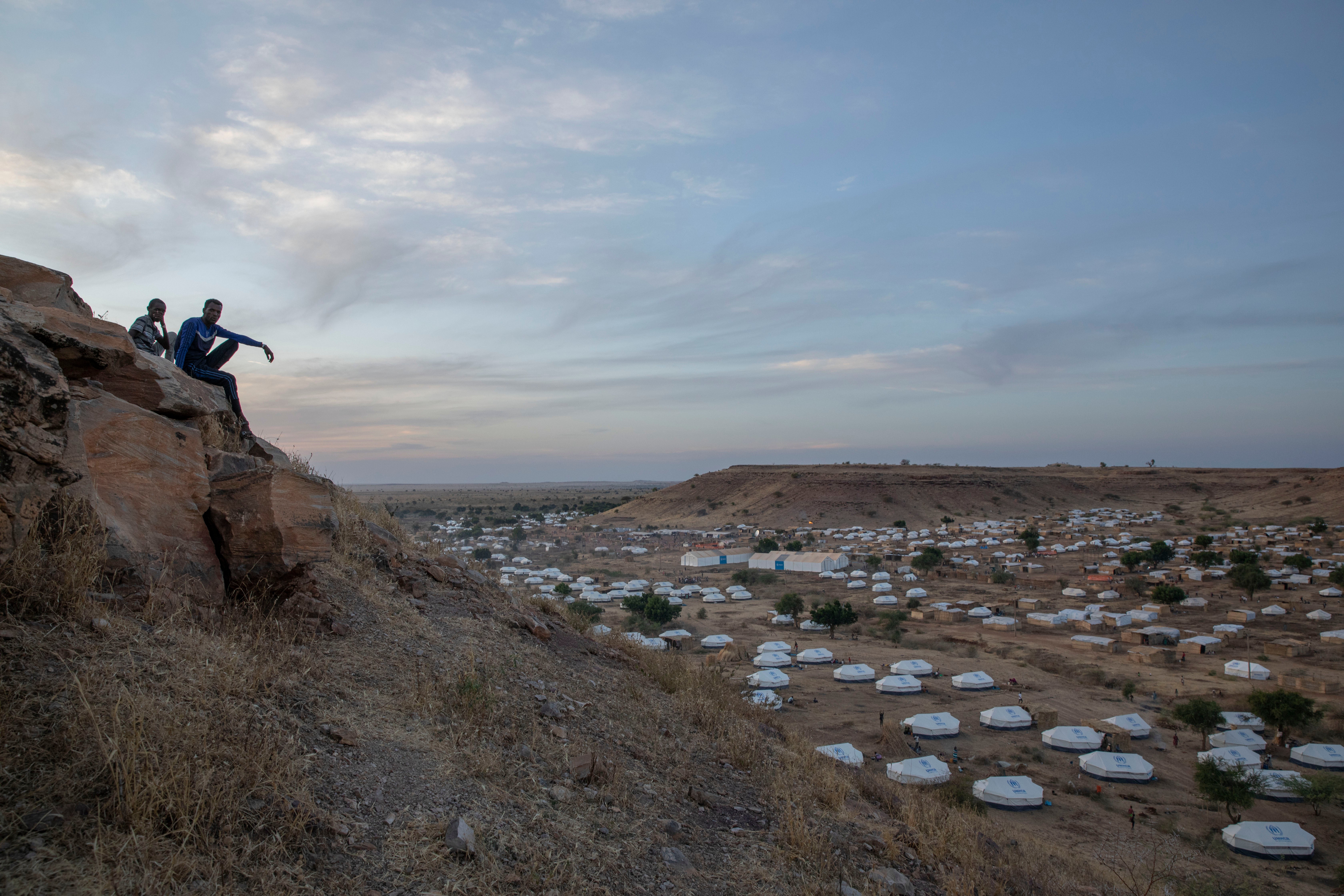UN: Thousands flee Ethiopia violence, seek asylum in Sudan
The U.N. refugee agency says at least 7,000 Ethiopians who fled escalating ethnic violence in the western Benishangul-Gumuz region have south asylum in neighboring Sudan

Your support helps us to tell the story
From reproductive rights to climate change to Big Tech, The Independent is on the ground when the story is developing. Whether it's investigating the financials of Elon Musk's pro-Trump PAC or producing our latest documentary, 'The A Word', which shines a light on the American women fighting for reproductive rights, we know how important it is to parse out the facts from the messaging.
At such a critical moment in US history, we need reporters on the ground. Your donation allows us to keep sending journalists to speak to both sides of the story.
The Independent is trusted by Americans across the entire political spectrum. And unlike many other quality news outlets, we choose not to lock Americans out of our reporting and analysis with paywalls. We believe quality journalism should be available to everyone, paid for by those who can afford it.
Your support makes all the difference.At least 7,000 people who fled escalating ethnic violence in western Ethiopia have sought asylum in neighboring Sudan, the U.N. refugee agency said Tuesday, amid heightened tensions between the two Eastern African nations
Violence in the Metekel Zone of the Benishangul-Gumuz region is separate from the deadly conflict in Ethiopia’s northern Tigray region. That's where Ethiopian and allied regional forces began fighting Tigray regional forces in early November. The Tigray war sent more than 61,000 Ethiopians into Sudan’s provinces of al-Qadarif and Kassala.
The UNHCR said most of the 7,000 asylum seekers who fled Metekel have been living among Sudanese host communities. It said it was working with local authorities in the Blue Nile province to respond to the humanitarian needs of the newly arrived, many of whom have arrived in hard-to-reach places along the border.
Tensions escalated in the past three months in Metekel Zone, prompting Ethiopia’s government to declare a state of emergency in the area on Jan. 21, the U.N. agency said.
The Ethiopian Human Rights Commission said more than 180 people were killed in separate massacres in Metekel in December and January.
Amnesty International reported in December that members of the ethnic Gumuz community — the ethnic majority in the region — attacked the homes of ethnic Amhara, Oromo and Shinasha. The rights group said the Gumuz set the homes on fire and stabbed and shot residents. The Gumuz see minorities as “settlers,” the rights group said.
Ethnic violence poses a major challenge to Ethiopian Prime Minister Abiy Ahmed as he tries to promote national unity in a country with more than 80 ethnic groups.
Amharas are the second most populous ethnic group in Ethiopia and they have been targeted repeatedly over the last year. Fighters from Amhara, however, have been accused by witnesses of carrying out atrocities along with Ethiopian and Eritrean forces in the Tigray conflict
The new influx of refugees into Sudan comes amid tensions between Addis Ababa and Khartoum over a border dispute and the deadlocked talks over a massive dam Ethiopia is building on the Blue Nile, the main tributary of the Nile River.
Subscribe to Independent Premium to bookmark this article
Want to bookmark your favourite articles and stories to read or reference later? Start your Independent Premium subscription today.